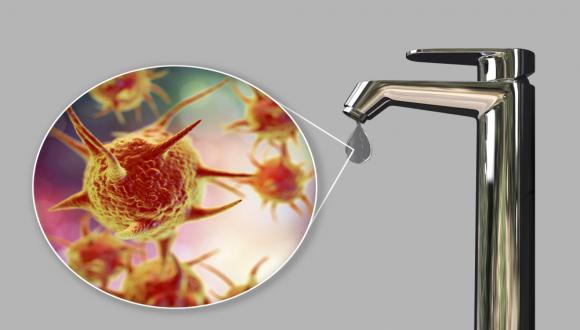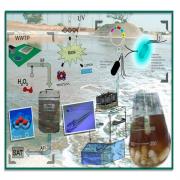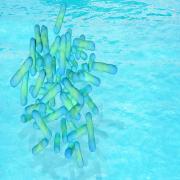Identifying Cryptosporidium Spp. in municipal wastewater and evaluating its viability during advanced wastewater treatments
Natural Fresh water supply is getting shorter worldwide, on the other hand the demand is getting higher. Therefore, there is a constant search for “production” of new sources for potable water and for ways to utilize every drop to the fullest, such as water reuse. In Israel up to 80% of the water is reused, wastewater is treated at the WWTP to high quality effluent and used mainly for agriculture. The effluent is spreading to the environment, to water sources, to the ground and to the crops human and animals consuming and, Whatever pollutants it may contain are spreading as well.
In this research we are focusing on the microbiological pollutant cryptosporidium. It is a protozoan parasite that infects humans and animals, it's environmental form, the oocyst, is very stable, and resistant to chlorine, the dis. Wastewater containing the oocysts, without a proper treatment, may cause a foodborne or waterborne cryptosporidium outbreak.
In the research we are measuring the prevalence of cryptosporidium in wastewater and tertiary effluent, the removal efficiency of different treatments and the presence of the parasite on crops and freshly eaten vegetables. We also use molecular biology to better understand which types of parasite we have and then compere it to other researches worldwide.





